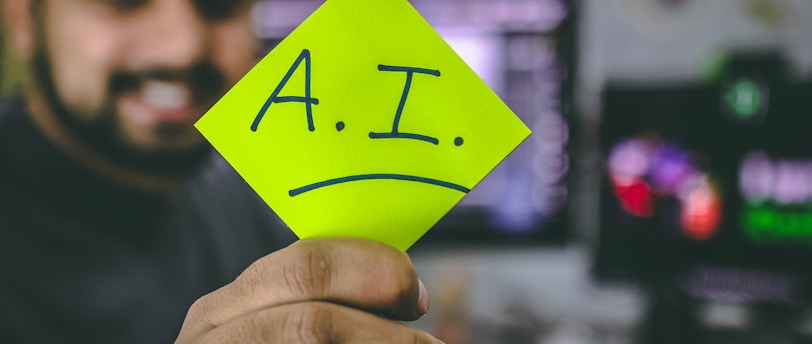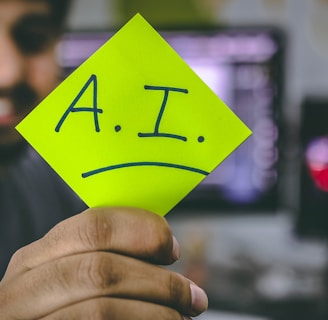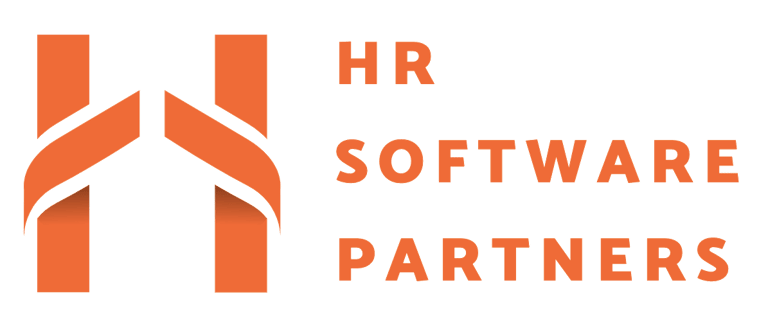Introduction
In today's fast-paced and ever-evolving world, businesses are constantly looking for ways to streamline their operations and stay ahead of the competition. One area that has seen significant advancements in recent years is human resources (HR) automation. With the advent of artificial intelligence (AI) and machine learning technologies, HR processes are being transformed, making them more efficient and effective than ever before. In this blog post, we will explore the exciting possibilities that AI and machine learning offer in the realm of HR automation.
The Rise of AI and Machine Learning
AI and machine learning have become buzzwords in the tech industry, and for good reason. These technologies have the potential to revolutionize various sectors, including HR. By leveraging the power of AI and machine learning, HR professionals can automate repetitive tasks, gain valuable insights from data, and provide personalized experiences for employees.
Predictive Analytics for Workforce Planning
One of the most significant benefits of AI and machine learning in HR automation is the ability to use predictive analytics for workforce planning. Traditionally, HR professionals relied on historical data and intuition to make decisions about hiring, training, and employee development. However, with the help of AI and machine learning algorithms, HR teams can now analyze vast amounts of data to predict future trends and make informed decisions.
For example, AI-powered software can analyze employee data, such as performance metrics, attendance records, and training history, to identify patterns and predict which employees are more likely to leave the company. Armed with this information, HR professionals can take proactive measures to retain top talent and reduce turnover.
AI-Powered Chatbots for Employee Support
Another exciting application of AI and machine learning in HR automation is the use of AI-powered chatbots for employee support. Chatbots are computer programs that use natural language processing (NLP) algorithms to interact with users and provide assistance. In the context of HR, chatbots can be used to answer frequently asked questions, provide information about company policies, and even assist with onboarding processes.
By implementing AI-powered chatbots, HR departments can provide instant support to employees, regardless of the time or location. This not only improves employee satisfaction but also frees up HR professionals' time, allowing them to focus on more strategic initiatives.
Enhanced Recruitment and Selection Processes
Recruitment and selection are crucial aspects of HR, and AI and machine learning technologies can greatly enhance these processes. AI algorithms can analyze job descriptions, resumes, and other relevant data to identify the best candidates for a particular role. By automating the initial screening process, HR professionals can save time and ensure that only the most qualified candidates move forward in the recruitment process.
Machine learning algorithms can also help eliminate bias in the hiring process. By analyzing historical hiring data, these algorithms can identify patterns of bias and provide recommendations to ensure a fair and inclusive selection process.
Improved Employee Engagement and Performance
Employee engagement and performance are key drivers of organizational success. AI and machine learning can play a significant role in improving both these areas. For example, AI algorithms can analyze employee feedback surveys and sentiment analysis to identify areas of improvement and recommend targeted interventions.
Machine learning algorithms can also analyze performance data to identify patterns and provide personalized recommendations for employee development. By leveraging these technologies, HR professionals can create tailored development plans that address individual needs and aspirations, ultimately leading to higher employee engagement and performance.
Challenges and Considerations
While the potential benefits of AI and machine learning in HR automation are vast, there are also challenges and considerations that need to be taken into account. Privacy and data security are of utmost importance when dealing with sensitive employee information. HR departments must ensure that proper protocols and safeguards are in place to protect employee data.
Another consideration is the ethical use of AI and machine learning. It is essential to ensure that these technologies are used in a fair and unbiased manner, avoiding any potential discrimination or bias.
Additionally, HR professionals need to be equipped with the necessary skills to leverage AI and machine learning effectively. Training and upskilling programs should be implemented to ensure that HR teams are proficient in using these technologies and can maximize their potential.
Conclusion
The future of HR automation is undoubtedly exciting, thanks to the advancements in AI and machine learning technologies. From predictive analytics for workforce planning to AI-powered chatbots for employee support, these capabilities are reshaping HR processes and revolutionizing the way HR professionals work. By embracing these technologies and addressing the associated challenges, businesses can future-proof their HR functions and stay ahead in the ever-changing business landscape. So, are you ready to explore the possibilities of AI and machine learning in HR automation?


